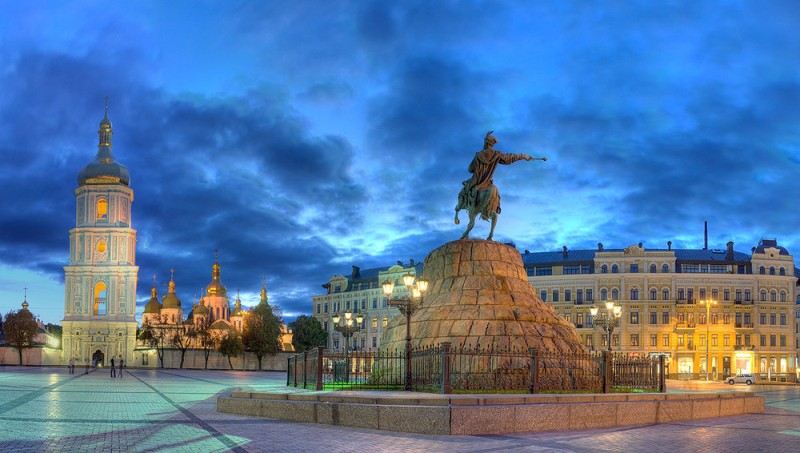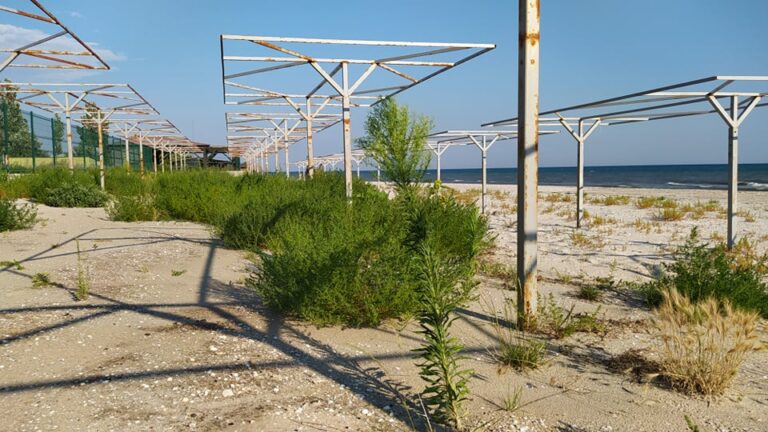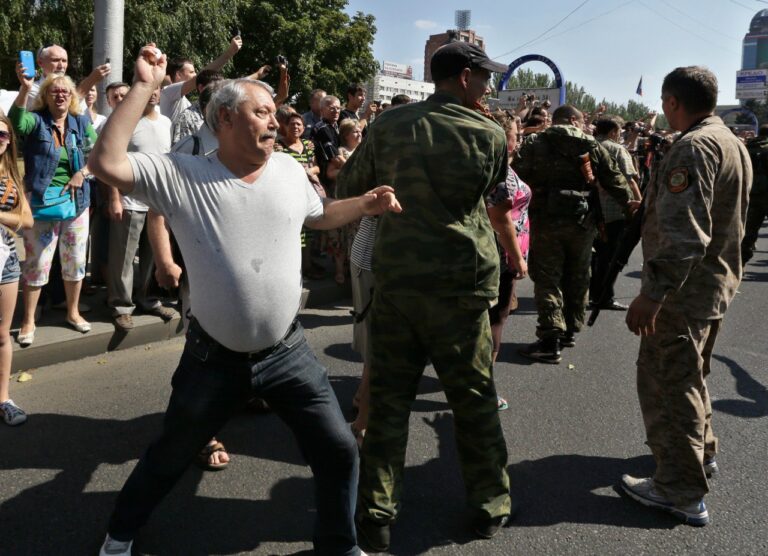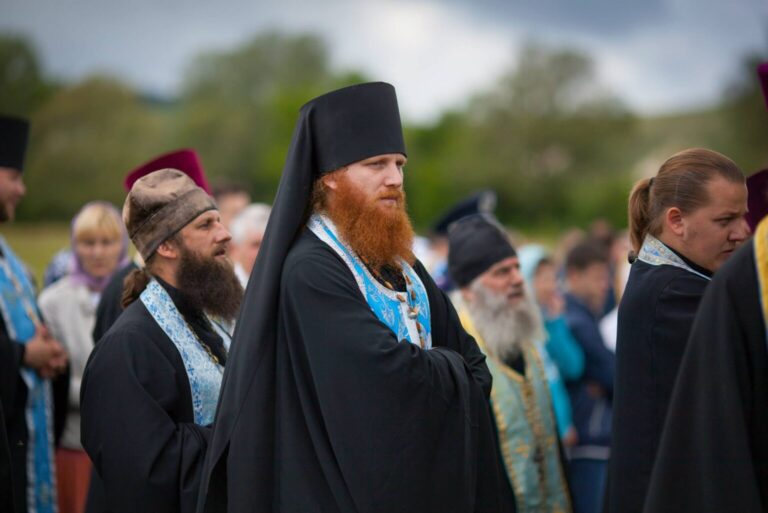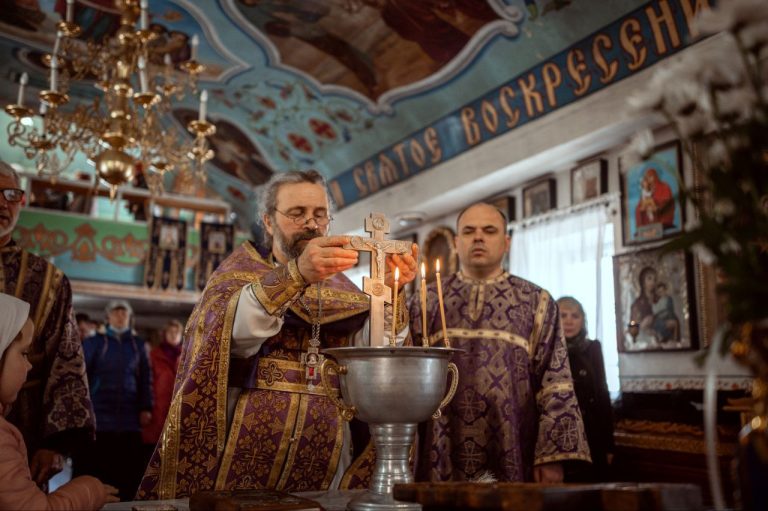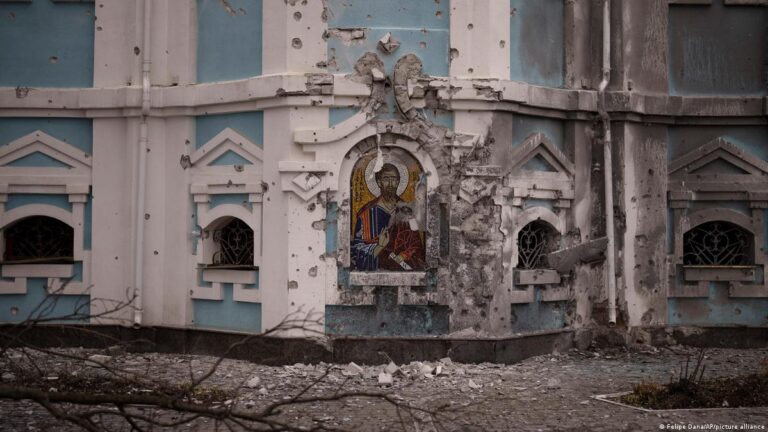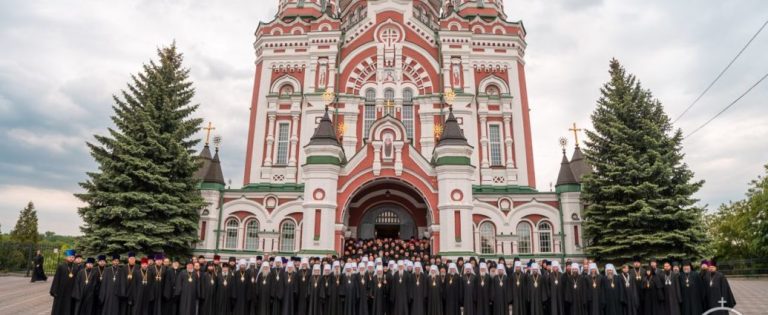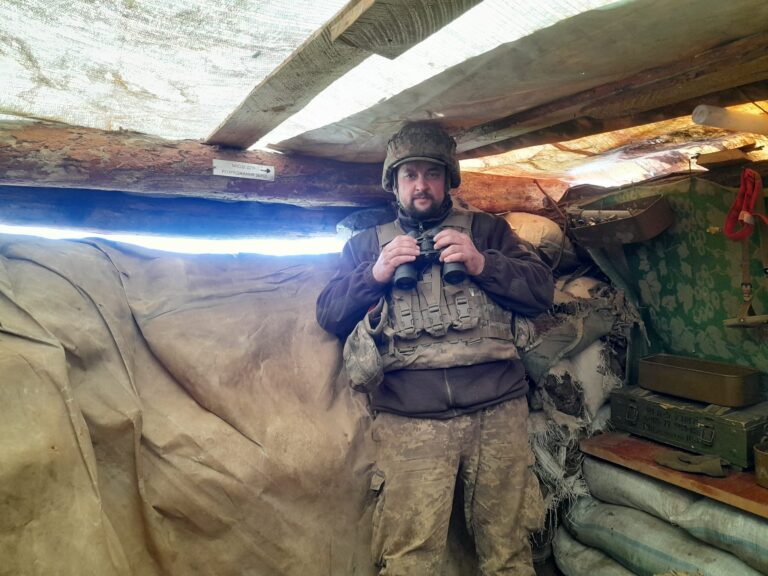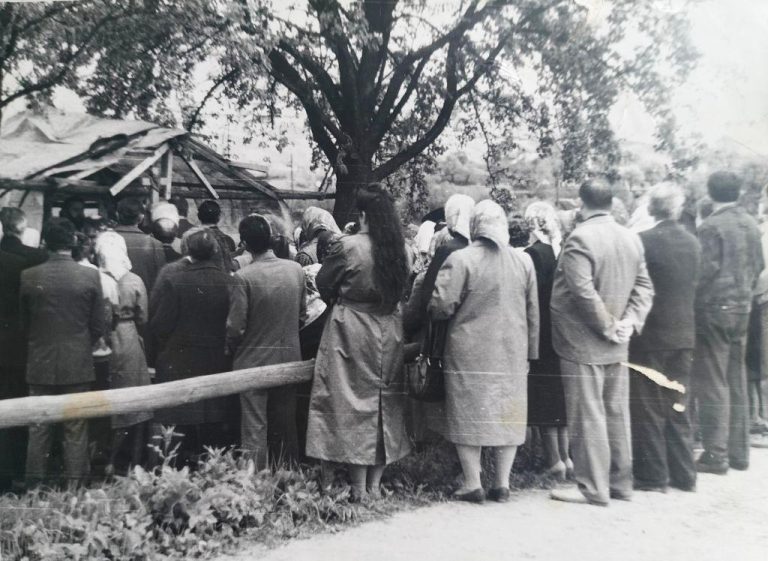“Indeed, a church tied to political calculations risks inevitable submission to politics, namely to the balance of power in this world shaped by politics and economic interests, to the detriment of the Gospel, which defends the oppressed of the earth, loves the stranger and the poor, the hungry and the sick. It is time for so-called Orthodox peoples to reconsider how they approach the relationship between Church and State. The time has come for the Orthodox Churches to stop flirting with the state in search of privileges and rights, and to work diligently to adopt a model of state neutrality that maintains an equal distance between religions, races, and ethnic groups. Yes, absolutely, the time has come for this parenthesis that the Orthodox opened in 1453 to be closed forever”.
In his scientific and journalistic works, our interview partner today speaks decisively on this topic —the need for the Church to reconsider its relationship with the state. Readers of Dialogue.HERE also constantly express this opinion in the comments: given the current state of affairs, attempts to subjugate the Church to political interests and abuses by the state will only intensify.
But what is true neutrality for the Orthodox Church in a secular state? History knows few such examples. Meanwhile, since the beginning of the full-scale invasion of Ukraine, we have observed the Orthodox Church in the Russian Federation devotedly serving the state authorities, even to the point of fully justifying the war of aggression and supporting military aggression.
Our dialogue today is about church-state neutrality as it could be, and about mistakes that benefit no one. Meet Dr. Assaad Elias Kattan, professor of Orthodox theology at the University of Münster (Germany), specialized in patristics and hermeneutics.
Translation into Ukrainian is available at: https://dialogtut.online/czerkvy-povynni-pidtrymuvaty-ne-derzhavu-a-czinnosti-nathnenni-yevangeliyem/
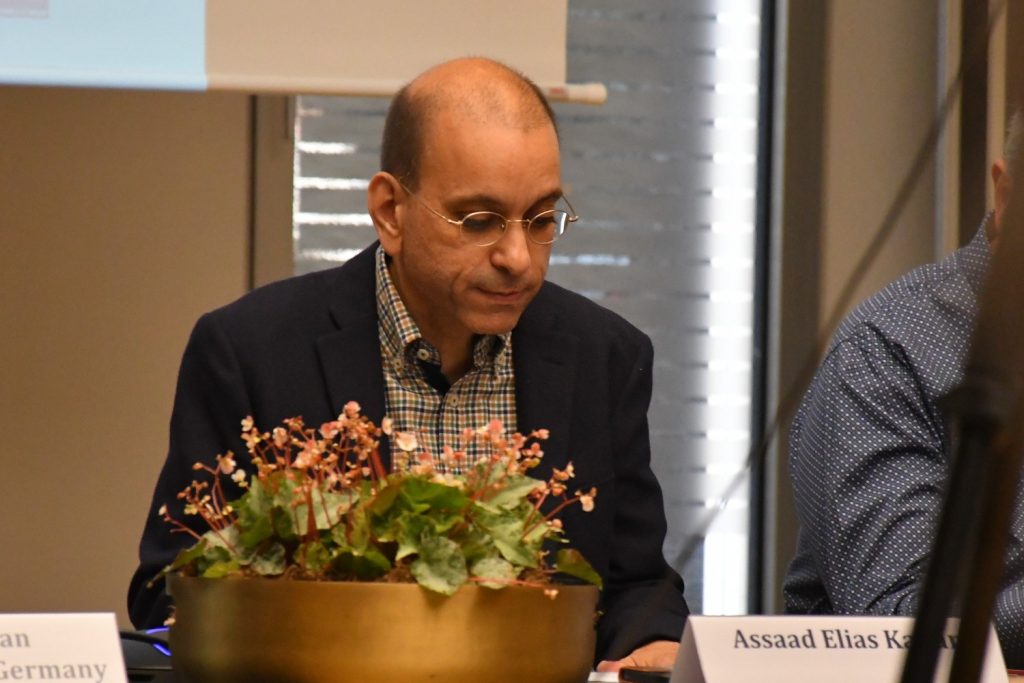
The state can “support” the church by supporting its charitable work, rather than considering it a state church
— In your opinion, is true neutrality possible between the Orthodox Church and the State? What kind of neutrality should it be? Are there examples of such neutrality in the Orthodox world or at least situations similar to neutrality? Of course, we are not talking about those countries where the Orthodox are a religious minority.
— Neutrality is certainly possible, achievable, and desirable. It can follow the German model. According to the German model, which considerably differs from the French one, there exists positive cooperation between the state and the churches. The state has no religion, and the churches do not interfere in state affairs.
By “positive cooperation,” I mean that churches can have schools, hospitals, and other charitable institutions that are partially financed by the state. The reason for this is that churches are responsible for carrying out charitable tasks that were originally supposed to be handled by the state.
— For some Slavic countries, the model where the Church supports the state and the state supports the Church is familiar. What might the independence of the Church from the state look like, say, in Russia? And in Ukraine?
— The question is what we mean by “support.” Churches are not supposed to support the state, but rather, values inspired by the gospel. If the state is democratic – and I hope this will be the case in Ukraine once the war ends – and if churches support democratic values, such as individual freedom, freedom of expression, and free elections, then they are, in effect, supporting the state in its mission to establish and protect democracy. In turn, the state can “support” the church by supporting its charitable work, rather than considering it a state church, as in the Byzantine model.
— On the one hand, we see how all religious organisations in Ukraine actively support the state in its struggle against the aggressor. On the other hand, such active inclusion is not neutrality either. Is there a danger for the Church in this situation? What can neutrality consist of?
— Churches in Ukraine certainly have the right to support the state in its struggle against the aggressor because the war waged by Ukrainians is defensive. However, the church should acknowledge that even a defensive war is a “necessary evil.” Such a war is only permissible in exceptional situations. The general rule, however, is to reject any form of violence and actively work to avoid it and reduce its effects. Both the Russian Orthodox Church and the churches in Ukraine should adopt this attitude. Unfortunately, there seems to be no consensus on this in today’s Orthodoxy.
It is a historical mistake for a Church to relinquish the values of the gospel in order to support a nationalistic discourse
— If we (the Church in Ukraine) support our state in its just struggle, how can we convey the message to the Orthodox believers in Russia that they should not support their state in their unjust war?
— I believe the solution lies in changing our perspective on the issue. In both Russia and Ukraine, churches are not supposed to tell people whether they should support the state. Instead, they should emphasize the gospel values that people are expected to adhere to. This is not about propaganda for or against the state; it is about the gospel of Jesus. This gospel essentially appeals for nonviolence. Had the Russian Church adopted this attitude from the very beginning, our discussion today would be very different. It is a historical mistake for a Church to relinquish the values of the gospel to support a nationalistic discourse fueled by expansionist aims.
— Who, at all, can bear this thought to the Russian Orthodox Church if we see that now the leaders of other Orthodox Churches do not say?
— The leaders of most Orthodox Churches have been and continue to be reluctant. This is an undeniable fact. They are torn between being faithful to the gospel and avoiding reproaching a large church like the Church of Russia or severing relations with it. I can understand how such attitudes emerge. However, I cannot subscribe to them. The leaders of the Orthodox Churches should have behaved differently. They should have declared solidarity with the oppressed and non-violence, as Jesus would have. In my opinion, they missed their chance.
— What would the interaction of the Orthodox Churches ideally look like in conditions when one country has attacked another country and both Orthodox Churches find themselves not above the fray, but involved in it, and both on different sides?
— This is indeed a conundrum because we are confronted with a more or less unprecedented situation. However, the problem is much deeper. The Orthodox churches have always been proud of the principle of synodality and considered it one of the distinctive features of Orthodoxy. However, it has been dysfunctional for many years now. The way churches relate to the Russian war against Ukraine is merely a symptom of an ingrained problem: our synodality is no longer functional and must be reinvented.
Ideally, there would be a permanent organ – perhaps a permanent synodal platform – whose task would be to coordinate. We also need a primate with more prerogatives – a church leader who can mediate, propose solutions, and convoke a council. This is why restoring church unity is so important and badly needed.
— In fact, now in Ukraine, we see attempts on the part of the state to form and support a patriotic Church. What can go wrong?
— In so doing, the Ukrainian state is making the same mistake as the Russian state. They are manipulating the church for nationalistic purposes. To me, this is mimetic behavior: by trying to be different from your enemy, you end up imitating him. The situation is all wrong. The state should refrain from pressuring the church and modeling it after itself.
— What dangers exist if the model of state neutrality between the Orthodox Church and the state is not formed, and the situation remains as it is now?
— The danger lies in further blurring the line between state and church, allowing the state to manipulate the church, and making the church dependent on the state. This is all far from beneficial and reflects an Orthodox Church unable to come to grips with the perennial challenge of war and violence.
However, what is happening in Ukraine today may present an opportunity. If the Ukrainian people succeed in establishing a democratic model, in which the state and church are separate yet able to cooperate positively with each other, it could inspire all Orthodox churches. Despite all the calamities, Ukraine could provide a solution to some of the problems that have plagued the Orthodox world thus far.



